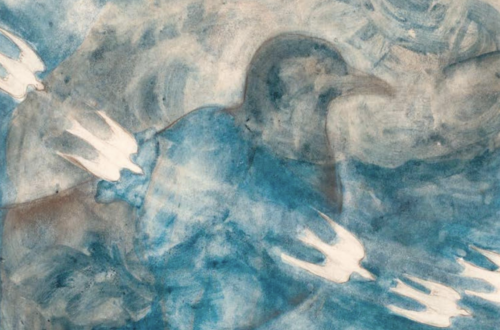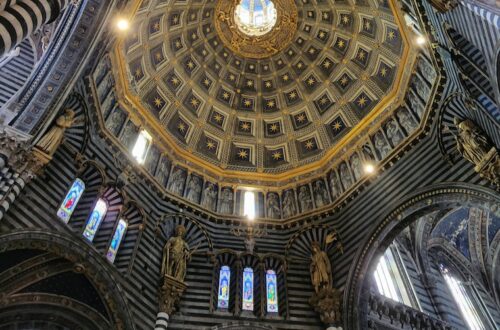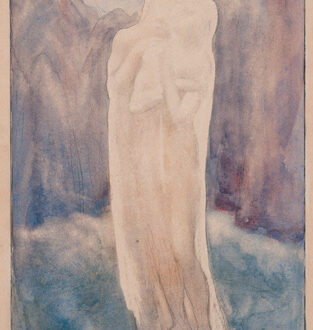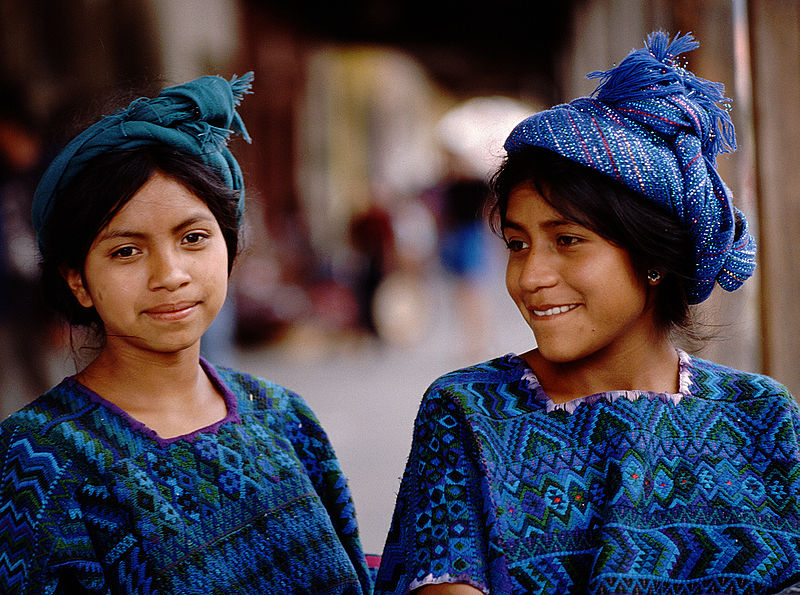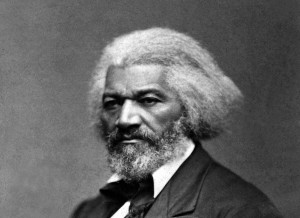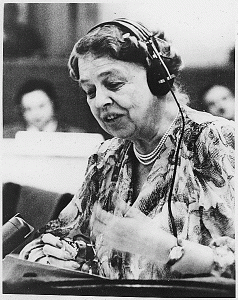-
Darkness and Light: May Ziadeh and the Child’s Destiny
May Ziadeh’s poetry is evocative and striking. Her poem “The Child and I” is a notable example, and has a particular poignancy. The poem, which first appeared in her collection Darkness and Light 1923 (ظلمات وأشعة), tells the story of a conversation between a small English boy and an Egyptian or Arab woman. The poem was perhaps inspired by May Ziadeh’s thoughts during a real interaction, as it is told in first person. It occurs near the Nile, and we must imagine the encounter occurring at sometime in the 1910s or 1920s, when the British were the colonial power in Egypt. As we shall see, the poem begins with specifics…
-
Bartolome de las Casas: An early human rights worker
Bartolome de las Casas is one of those remarkable people in history who arose at the very beginning of the modern human rights movement. A great humanitarian; he learnt human rights in his encounter with the people of Central and South America during the sixteenth century European invasion of the Americas. He used his office as Dominican friar and later Bishop to uphold the human rights of the indigenous peoples of the Americas. Las Casas came to the America’s as part of the colonial expeditions from Spain, arriving in 1502 in Hispaniola (now Haiti and the Dominican Republic), at the very beginning of the encounter between the Europeans and the people of the Americas.…

